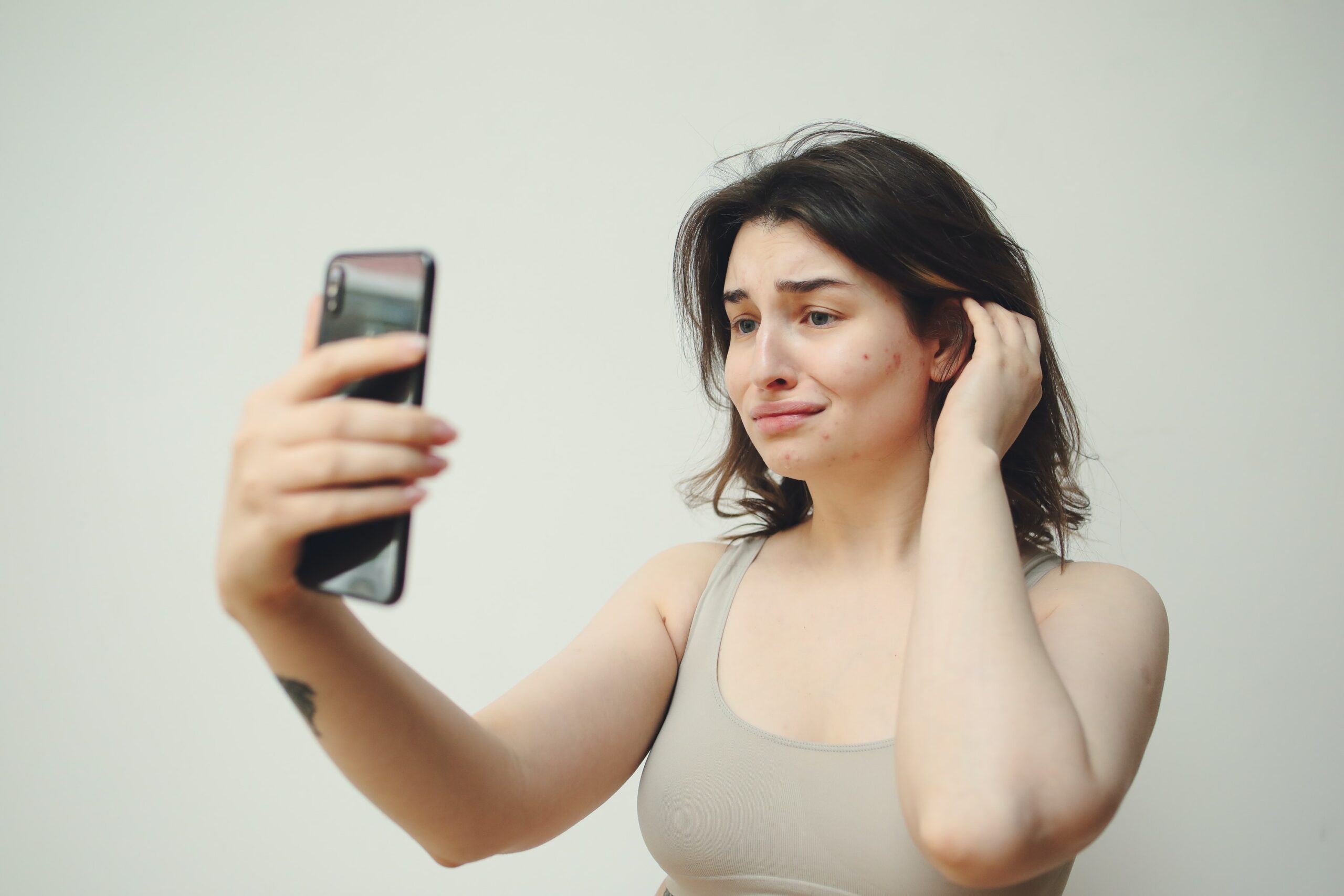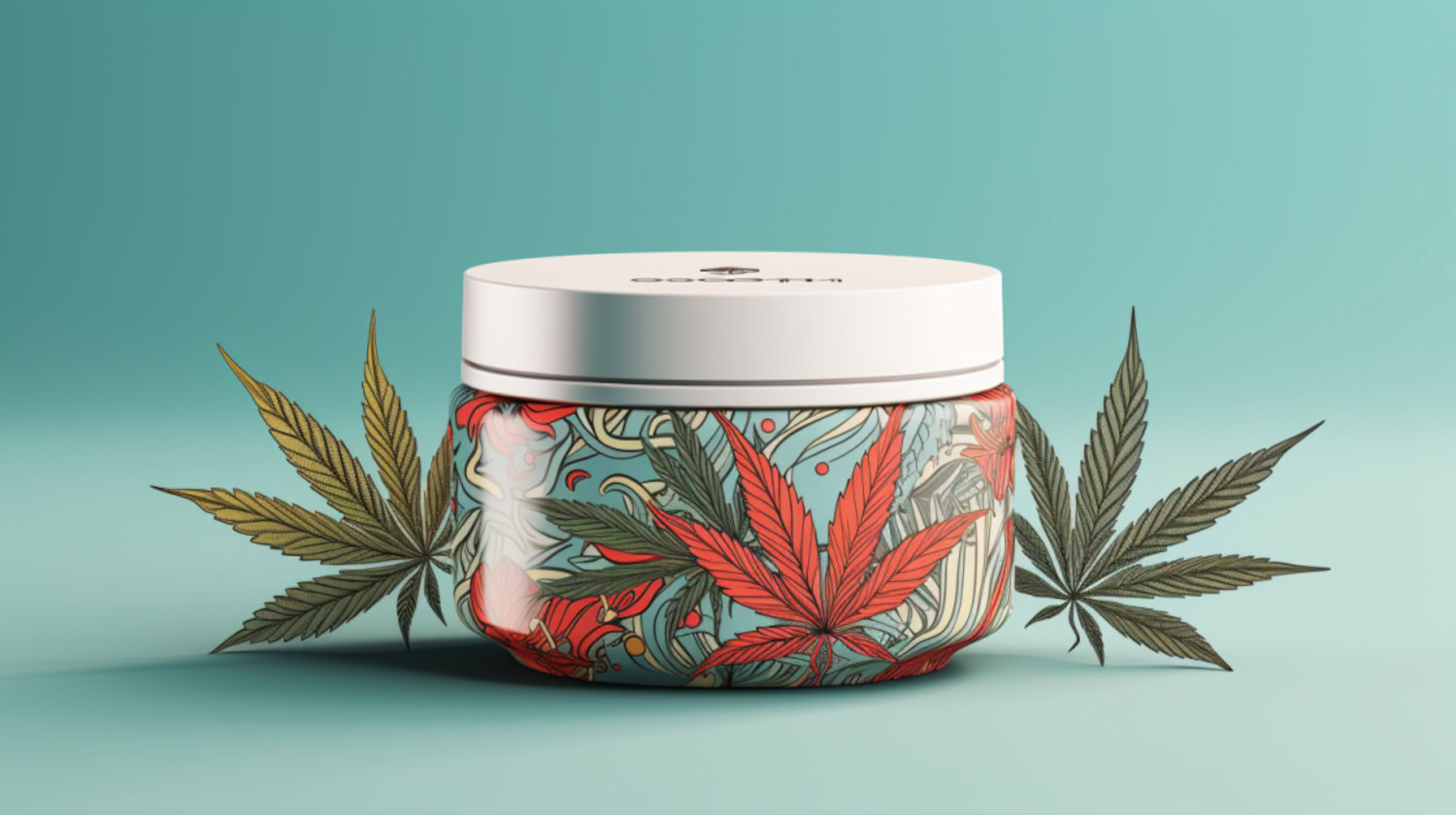Accutane is a medication that’s commonly prescribed to treat acne. The American Academy of Dermatology Association estimates that up to 50 million Americans deal with acne each year. This statistic points to how prevalent acne is, demonstrating the need for Accutane prescriptions. While Accutane prescriptions are given frequently, the use of this medication should still be taken seriously.
Acne and cannabis are a complicated combination, with potentially complicated interactions and safety concerns. As always, it’s important to speak with a medical provider before you add anything to your health and wellness routine so that you can make informed decisions.
What is Accutane?

Isotretinoin, commonly known as Accutane, is intended to treat severe acne. It does this through impacting sebaceous glands. Accutane is intended to be a last resort and is typically not prescribed until other options, such as antibiotics, have been exhausted. There are a variety of non-FDA-approved uses of this medication, including treatment of T-cell lymphomas, rosacea, and neuroblastoma.
Accutane is a systemic retinoid and it’s administered orally. Accutane typically inhibits sebaceous glands, where overactivity can lead to acne. Due to the structure of the medication, taking Accutane with a meal can improve results. Many individuals begin with a smaller dosage and then work their way up if they're able to tolerate a higher amount.
Patients report a variety of side effects from using Accutane. Some common side effects include dry skin, headaches, and back pain. There are often ways to manage the side effects of this medication, so it’s best to reach out to your doctor if you’re experiencing unwanted effects.
Accutane is a serious medication. Individuals should be aware of the possible effects of taking Accutane before use.
Combining Cannabis and Accutane: What the Latest Research Says

The first step is to consult with a doctor about your specific situation. There are a variety of health concerns that may mean you’re not a good candidate for trying this combination, so it’s best to consult with a professional about all of your different options.
Always check the ingredients of the products that you’re using. Some products may contain ingredients that aren’t beneficial for the skin, so make sure to read the fine print.
If you’re watching your skin health, avoiding smoke might help. While research on cannabis smoke and acne is limited, smoke in general can irritate the skin, so edibles or topicals may be gentler options.
Some early research shows CBD might help with inflammation, but it’s not clear how it affects acne.1 But this is just the first step. More research is needed to know for sure if CBD helps with acne and what the right amount would be. Talk to your doctor before adding CBD to your routine.
Are You Considering Using Cannabis and Accutane?
Combining cannabis with any substance or medication carries its own risks. Cannabis research is still in its earliest stages, and there is a lot that researchers still don't know. That leaves the door open for unexpected interactions with other substances. If you are considering combining cannabis with any other substance or medication, speak to your doctor for proper medical guidance.
Likewise, stopping the use of a prescribed medication can lead to unintended consequences. Many medications take time to build up in the body. Stopping suddenly can cause unpleasant and potentially serious or even fatal side effects. If you'd like to stop using or replace a medication, you need to follow the guidance of your medical provider to make any approved adjustments safely.
References
- Peyravian N, Deo S, Daunert S, Jimenez JJ. The Anti-Inflammatory Effects of Cannabidiol (CBD) on Acne. J Inflamm Res. 2022;15:2795-2801. doi:10.2147/JIR.S355489 ↩︎
The information in this article and any included images or charts are for educational purposes only. This information is neither a substitute for, nor does it replace, professional legal advice or medical advice, diagnosis, or treatment. If you have any concerns or questions about laws, regulations, or your health, you should always consult with an attorney, physician or other licensed professional.




